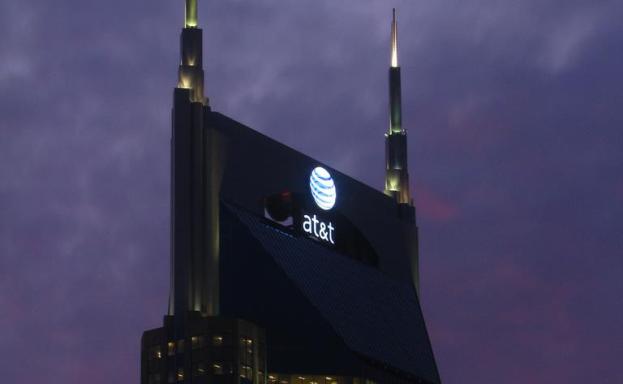
Announced by AT&T recently on the company site, mobile customers will be paying an additional $0.61 on their bills for an “administrative surcharge” according to the name of the line item. Amounting to an additional $7.32 per year from each customer, that small monthly fee will add up to hundreds of millions of dollars for the mobile service provider since the subscriber base is around 70 million. Kicking off on May 1, 2013, the charge has been added to all consumer accounts in addition to business accounts.

Specifically, AT&T isn’t raising the price of the contracts, only adding an additional fee separate from the agreed contract rate. This allowed the company to start charging the extra fee immediately rather than wait for the next contract renewal.
According to AT&T, the additional half a billion per year will be used for interconnection costs, maintenance and and cellular site rentals. AT&T representatives were quick to point out that the fee was in line with their competitors Verizon and Sprint. Both rival mobile companies charge an additional administrative fee separately from the contract rate. AT&T sent out notifications to customers regarding the new fee thirty days prior adding the extra cost to customer’s bills. During 2013, AT&T will collect about $350 million over the remaining eight months the fee is in effect.
Verizon attempted to charge a similar fee during late 2011, but the move was quickly squashed by complaints from subscribers. Specifically, the company attempted to add a $2 “convenience fee” for paying a bill online or over the phone. Consumer response was largely negative and and company quickly reversed the policy prior to the launch.


